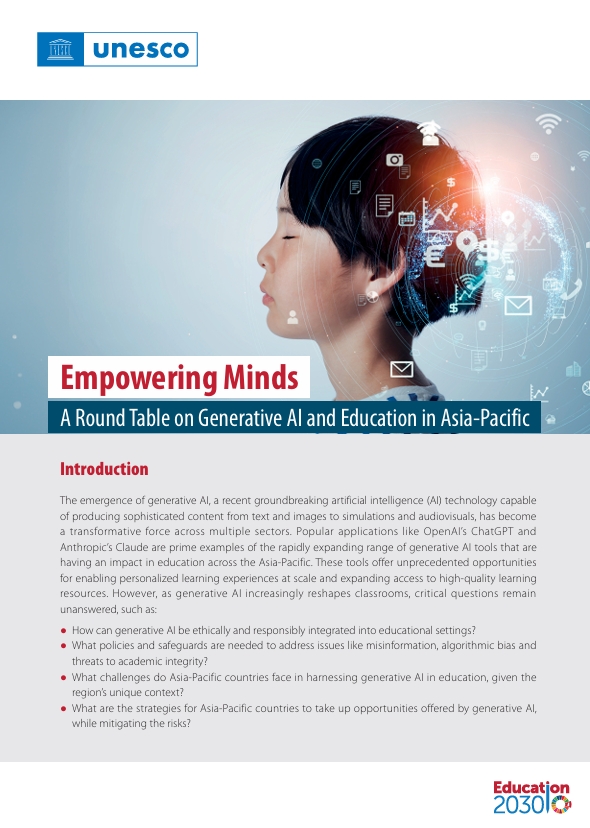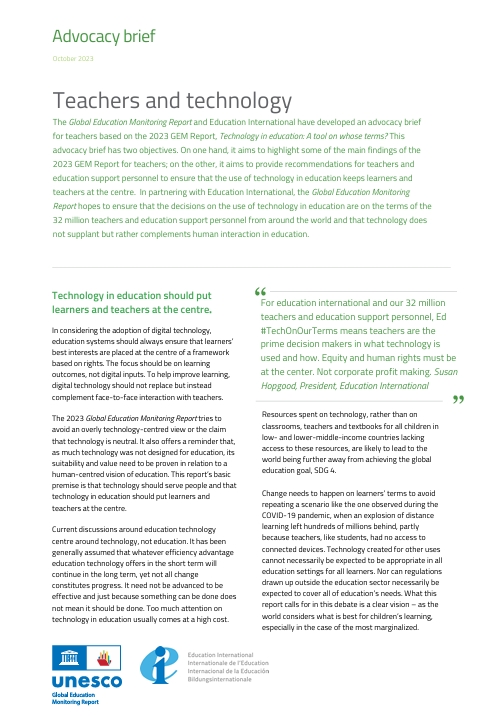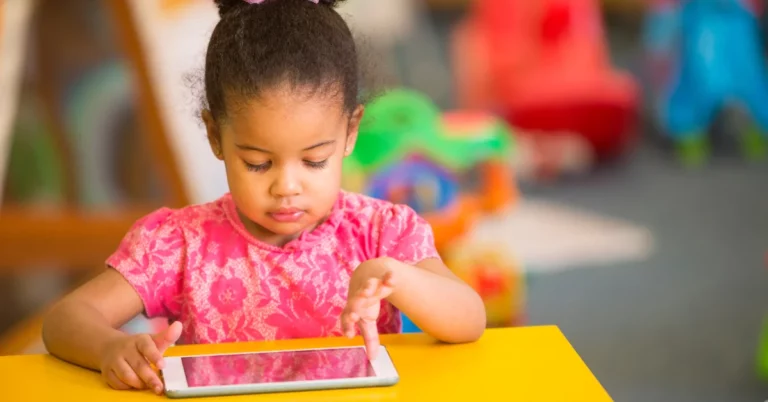Story Source: Mastercard Foundation ~ Go to Original Article
The following report discusses the use of Information Communications Technologies (ICTs) to improve access to, quality of, and delivery of secondary education within sub-Saharan Africa. It discusses the policy environment for ICTs in sub-Saharan Africa, their successes, challenges, and lessons learned, and it concludes with a broad and detailed set of recommendations for policy makers, donors, the private sector, designers, and implementers of ICTs in education programs. The report seeks to generally answer the question of how sub-Saharan African (SSA) governments can best use technology to improve access to secondary education, improve learning, strengthen management of schools and the education system, and foster innovation.
This report was commissioned by the MasterCard Foundation (MCF) in in July, 2018 to be completed by December 2018. It was funded by the Bill and Melinda Gates Foundation…………






